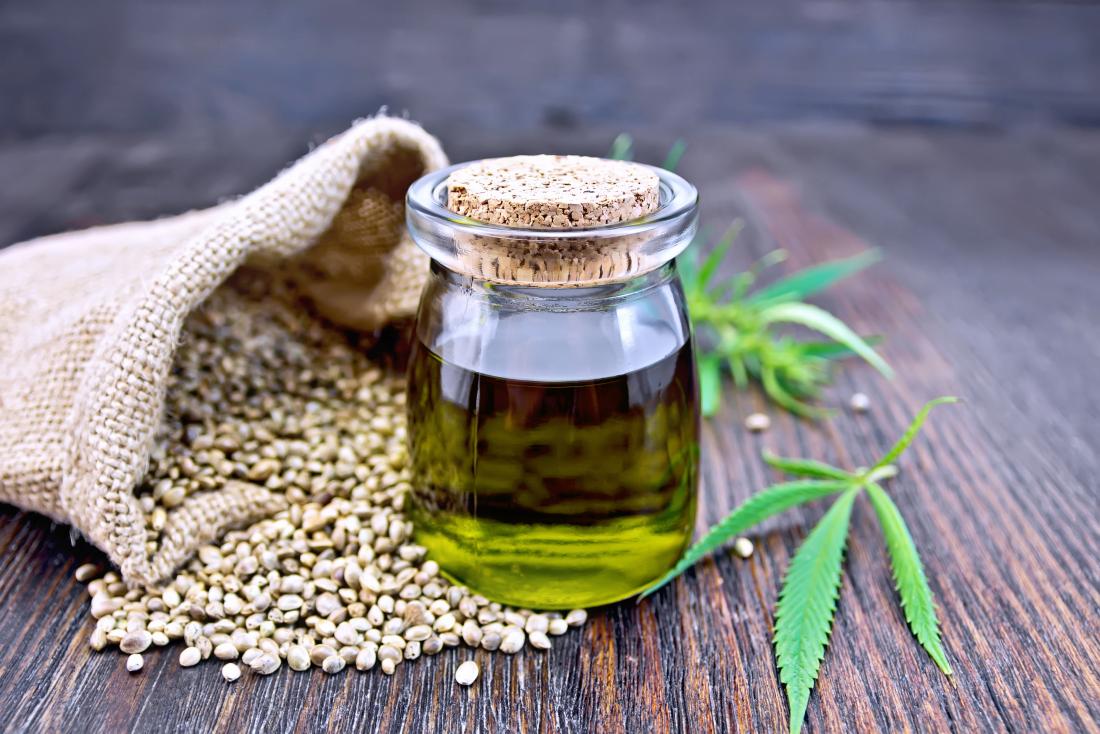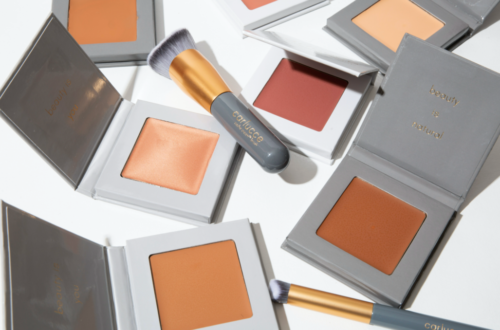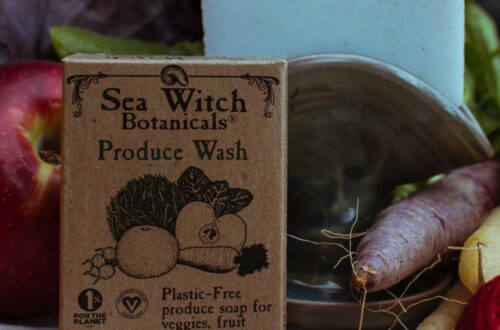Beware of companies selling you hemp oil labeled as CBD oil…
Though many simply want to reap the health benefits of this new wellness superstar another buzz has been stealing the spot light. With the “green rush,” some brands quickly jumped at the chance to sell their cannabis-infused products brazenly mixing the terms CBD and hemp seed up. Though similar they are not one and the same. Hemp oil, also known as hemp seed oil is derived from the seed of the cannabis plant. Meanwhile, CBD oil uses the whole plant.
As a result of this (intentional / unintentional) mix-up many consumers have been buying hemp oil masquerading as CBD oil. The reason being, consumers are willing to pay more for CBD oil compared to hemp seed oil. On the other hand some companies have been labeling theirs as hemp seed based oil to avoid FDA regulations.
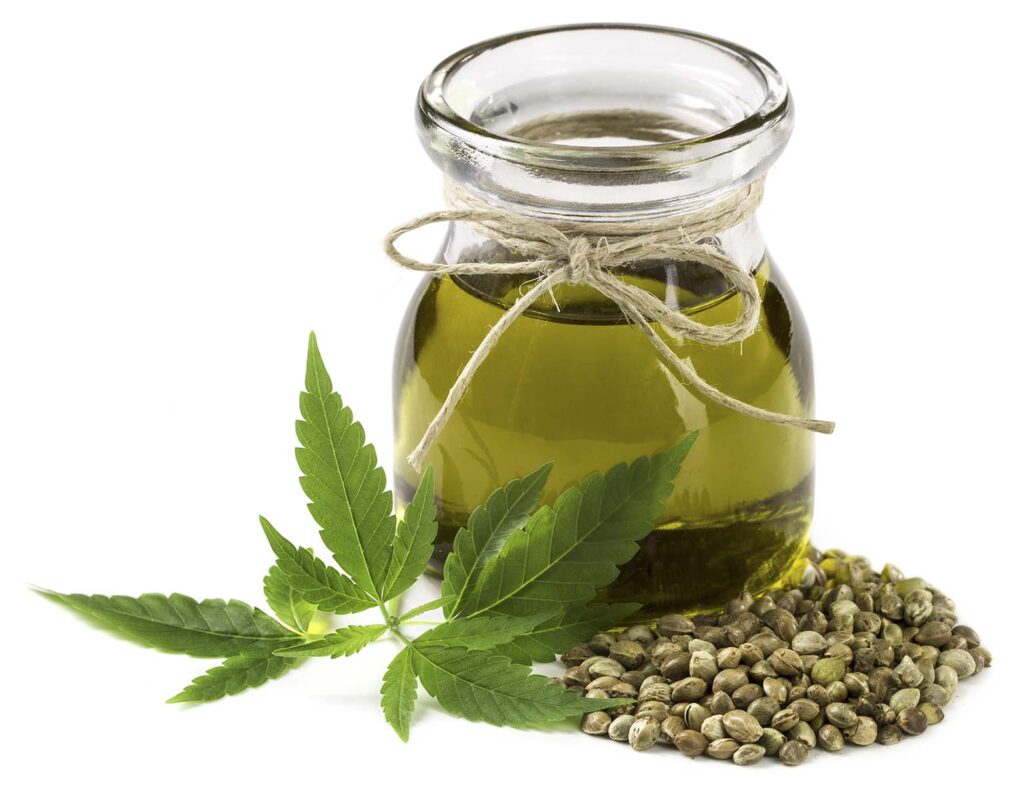
So what’s a consumer to do? The best way to ensure that you are getting what you intend to buy is to simply read the ingredients. Hempseed oil will be listed as cannabis sativa seed oil. CBD will usually be listed as cannabidiol, full-spectrum hemp, hemp oil, PCR (phytocannabinoid-rich) or PCR hemp extracts. In the meantime, lets look a little closer at the differences.
Hemp Seed Oil
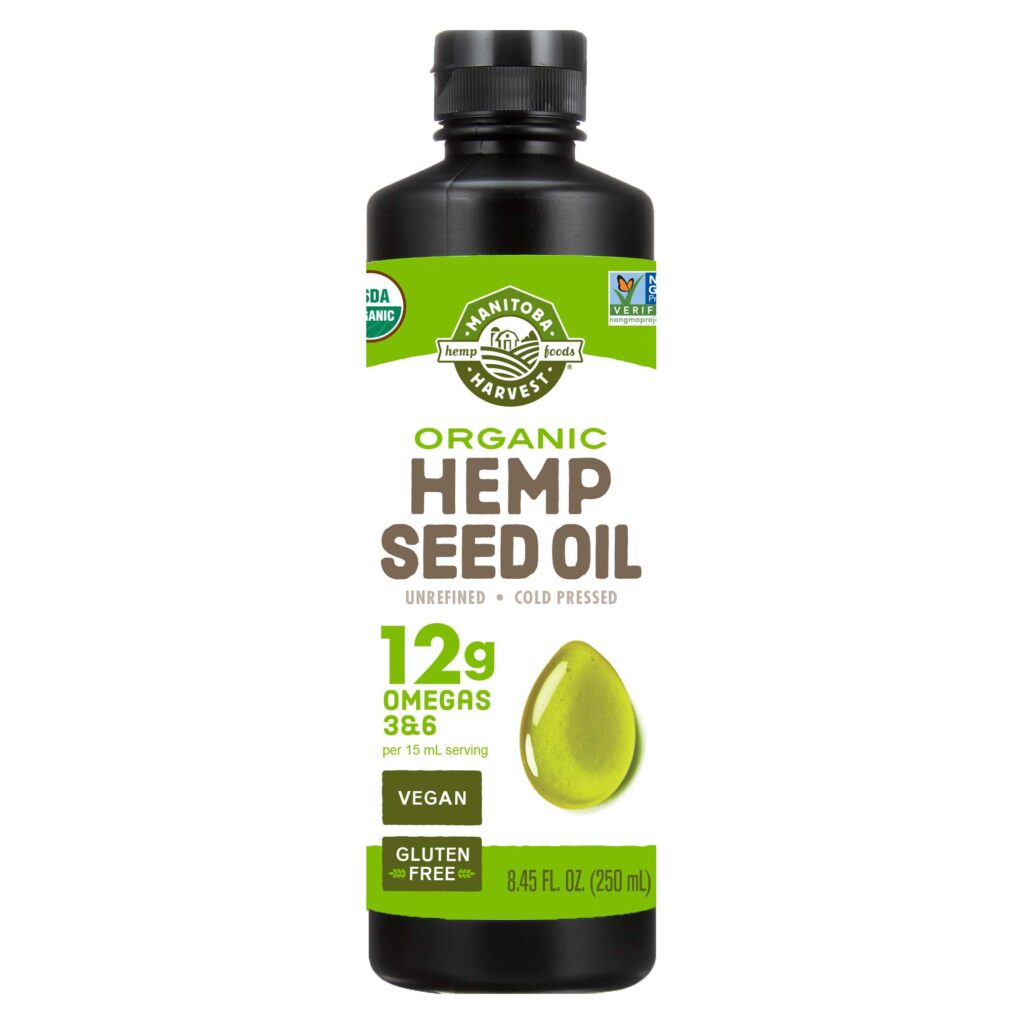
When purchasing hemp seed oil what most consumers prefer is full spectrum hemp oil. Full spectrum hemp oil is produced from 100% organically grown hemp, which thereby retains a full spectrum of terpenes, flavonoids and cannabinoids. Some benefits of full spectrum hemp oil include temporary inflammation relief, stress reduction, restful sleep, healthy heart and fights free radicals.
Also, a 2011 study suggested that adding omega-3s, such as those found in hemp oil to your diet can reduce inflammation. A 2014 study concluded that hemp oil is a potent and potentially universal anti-acne treatment. The study further concluded that hemp oil can contribute to stronger skin that is more resistant to viral, bacterial, and fungal infections.
CBD
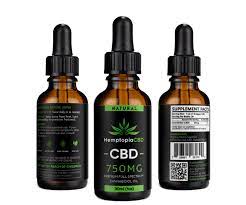
Most notable benefits of CBD oil are that it may ease symptoms related to cancer, anxiety, depression, acne and heart disease. Side effects include diarrhea, fatigue and changes in appetite and weight.
Since CBD oil has gained so much attention many companies have been scrambling to make their way into your cart. In doing so there have been some rather unsavory business practices that have gained the attention of the FDA. So when choosing your CBD oil you must be particular about the brand that you choose. Do this to confirm legality of the product, authenticity and for the sake of your own well-being.
Namely, be sure to confirm the extraction method used. The production of CBD requires an extraction method. Most common extraction methods used include:
- CO2 Extraction
- Ethanol Extraction
- Olive Oil Extraction
- Butane or Hexane Extraction
Of these, the most preferred is the olive oil extraction method. This method is the both safe and cost effective. In this method, plant materials are heated with olive oil to extract the cannabinoids. The least preferred method is the butane or hexane extraction method. Though these solvents do a great job of extracting the cannabinoids from the hemp plant, some residues remain after the extraction process. This can be potentially harmful to your lungs. All of this means that the extraction method used has everything to with toxicity levels and overall benefits and effectiveness of the oil.
Whichever route you take, it seems that CBD and hemp seed oil are ultimately making the news for all the right reasons. With such wide-ranging health benefits both are worth looking into for your wellness needs.
Have you come across companies selling you hemp oil labeled as CBD oil? What is your brand of choice?
